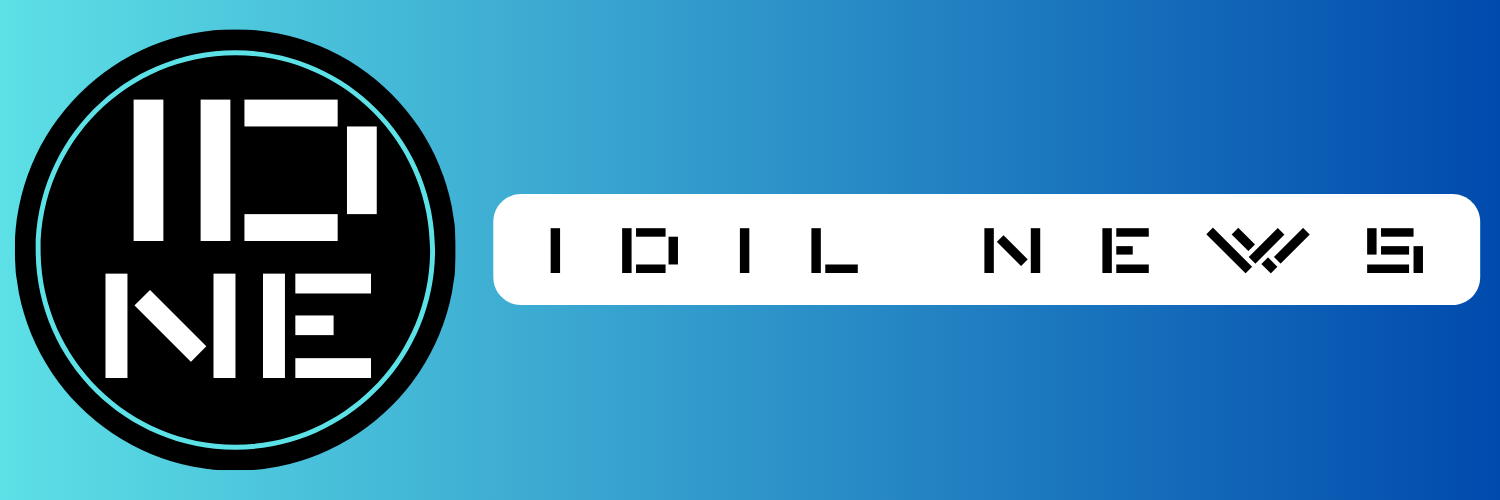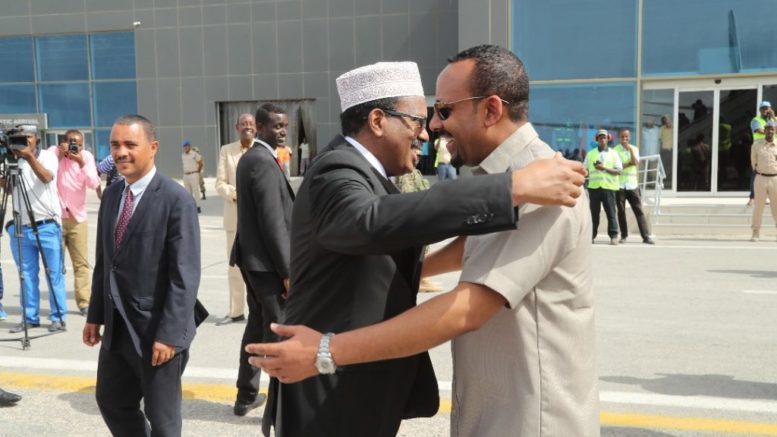The former University professor and Prime Minister of Ethiopia, Engineer Haile Mariam Desalegn once said the Ethio-Somali region has massive underground reserves of water. The newly elected Prime Minister, Dr. Abiy Ahmed, in his meetings with the local people and the region’s representatives reiterated the importance of the region’s potential to feed East-Africa.
Historically like most regions in Ethiopia, this region had been deprived of the very basic infrastructures and it was a war zone for many years. The region had suffered successive droughts as well. As a result of the droughts, people had to move from place to place in search of water and pasture for their livestock. The good news is, in the last few years Ethio-Somali is changing day by day and year after year by the peace-loving, hardworking people of Ethio-somali, and under the wise leadership of the regional President Abdi Mohamud Omar and others.
According to the Ethiopia’s Ministry of Mines, the Chinese firm Poly-GCL discovered 7-8 billion cubic trillion feet natural gas in the Ogaden basin of Ethio-Somali regional State. If the federal government and the local government work hand-in-hand to facilitate the exploration of the natural gas, then it can generate billions of dollars in the very near future. The money that will be generated from such investments can be re- invested in mechanized agricultural farms in the region. Using the abundant underground water resource in the region for irrigation, the region can produce surplus of agricultural products. If there is the political will and determination the Ethio-somali state can be transformed into an Eastern Ethiopia Oasis.
From the hard working, and highly talented business-oriented Ethio-Somali’s, many billionaire businessmen like Al-Amoudi can be created to help the development goals of Ethiopia and Ethiopians in general. Hence, the wealthy and the wealth of Ethiopia will not be accumulated only at the center of Ethiopia, Addis Ababa. An intra-state economic integration can be formed among Ethiopia’s federal states which in-turn solidifies our existing unity. Most importantly, the intra-state economic integration among the Ethiopian regional states may serve as the cornerstone for the inter-state economic integrations in east Africa; and there will be a healthy economic growth in the entire nation including at the Ethiopian peripheral regional states where most of Ethiopia’s resources are found.
On top of that, due to Ethio-Somali state’s strategic location for domestic and international trade and its proximity to the ports of Djibouti, Somaliland and Somalia, there is a high prospect the trading-center towns like Jijiga, Qebri-dahar including Harar and dire-dawa will be the Dubai, the New York and the Singapore of East-Africa. Ethio-Somali will be the preferred destination for industrial and massive agricultural investments in the new prosperous Ethiopia. Indeed, Ethio-Somali has the potential to become the breadbasket of East-Africa.

